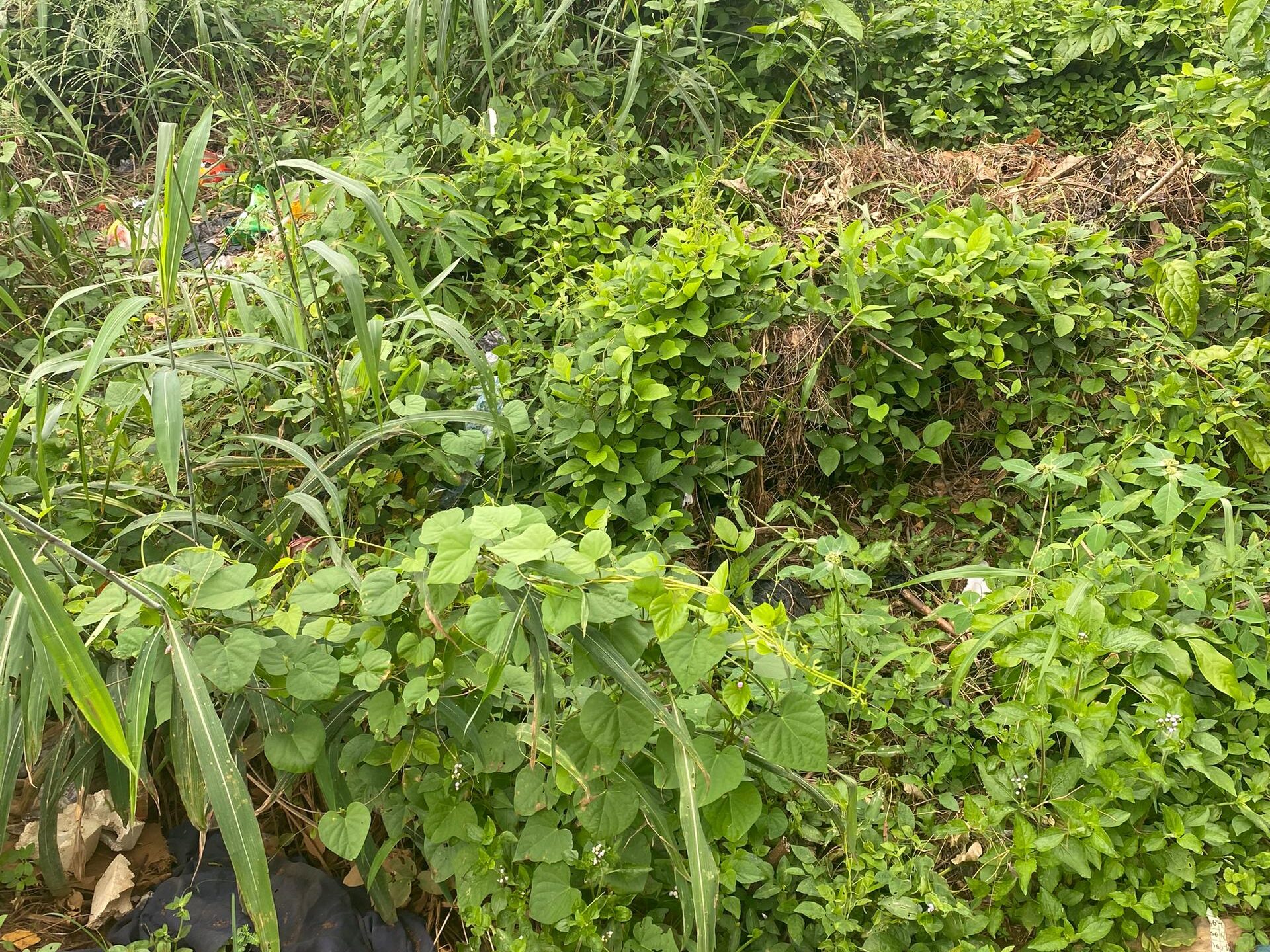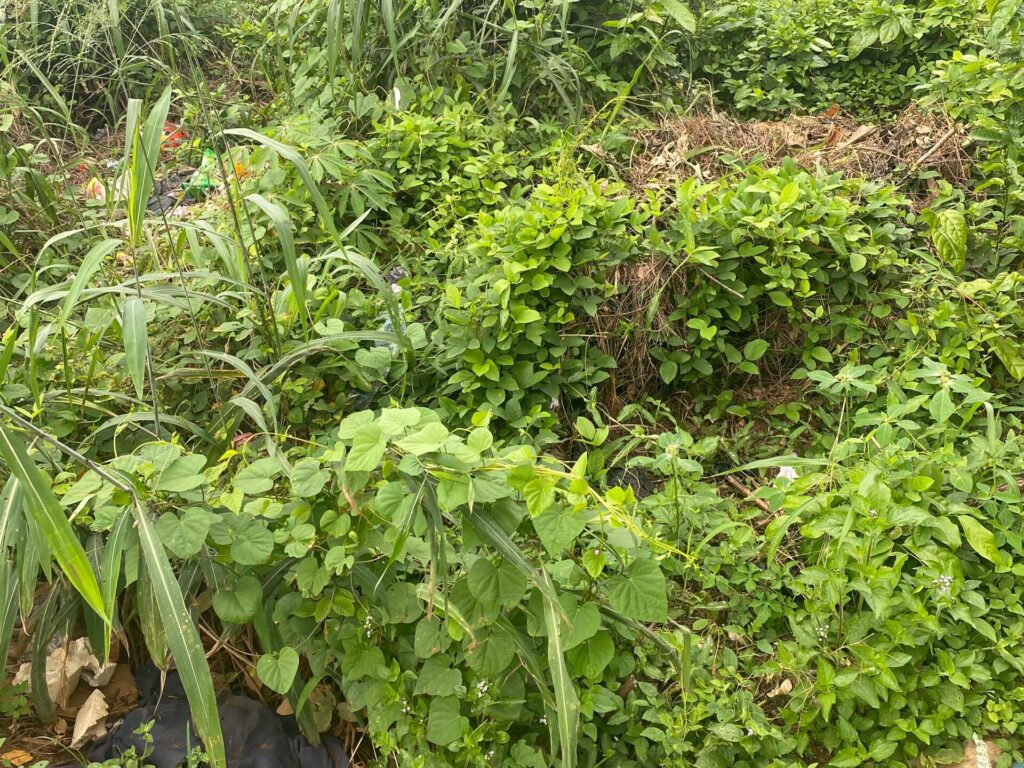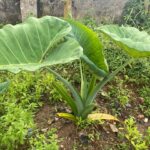
Many developing countries in West Africa include Nigeria are faced with numerous problems which militates against the development of agriculture. Some of these problems are:
- Inadequate Land or Land Tenure System
- Land cannot be pledged, sold or used as collateral by an individual.
- Those with means, but who are not members of the community, find it difficult to get land for farming activities. That is, non-indigenes of the community cannot acquire land or have access to it.
- There is tendency to neglect parcels of useful land as no one readily considers them his/her interest to protect them from degradation.
- It is characterized by litigations and misunderstanding.
- Mechanised farming cannot be practiced without permission of the whole community.
- There is excessive land fragmentation over time.
- Allotted land can be revoked by new leadership.
- It does not encourage planting of permanent crops.
Solutions
- Use of fertilisers and manure: Fertilisers and manure should be used to increase production of crops in the available land.
- Practice of crop rotation: Crop rotation should be practiced by farmers.
- Encouragement of leasehold land tenure system: Leasehold land tenure system should be encouraged to enable farmers to acquire land for temporary use.
- Reduction of land rent: Land rates/rents should be reduced, especially for agricultural purposes.
- Formulation of favorable government laws on land use: Government laws on land use should be made favorable to enable farmers acquire land easily.
- Formation of co-operative societies: Farmers should form cooperative societies to enable them pool they are resources together to acquire large hectares of land for cultivation.
- Establishment of farm settlements: Farm settlements should be established to facilitate acquisition of land by farmers.
- Correlation of land Banks: Land banks can easily lend money to farmers to secure farmlands.
2. Inadequate finance or Credit facilities:
- Most subsistence farmers apple and do not have the finance to make the purchase of land and agricultural tools and machinery; improved seeds, fertilisers and other chemicals; livestock, livestock feeds and drugs, materials for construction of farmstead or houses.
- Also, farmers have no access to loans or credit facilities to expand their farmland.
- Farmers do not have the required collateral security to enable them to secure loans from banks.
- High interest rates charged by banks at short repairable periods prevent borrowing by farmers.
- Farmers who gets loans, at times, divert such loans to other purchases, such as chieftaincy and marriage ceremonies.
Solutions
- Establishment of agricultural Banks: Agricultural banks should be established by the government to provide loans to farmers with minimum collateral.
- Establishment of cooperative societies: Farmers should form cooperative societies to enable them access credit facilities.
- Giving subsidies to farmers: Subsidies should be given to Thomas by government or other agencies.
- Creation of agricultural schemes/policies: Agricultural insurance schemes/policies should be made available to farmers.
- Encouragement of Banks to give loans: Commercial banks should be encouraged to give loans to farmers at low interest rates.
- Giving grants to farmers: Grants should be given to farmers either in cash or in kind.
3. Port Transportation Network
- Presence of bad roads or total lack of roads makes distribution of produce two market very difficult, and this late to wastage.
- Some roads maybe rendered useless during the rainy season.
- The number of vehicles is inadequate because of the high cause of vehicles, machinery and spare parts.
- There is high course of transportation due to bad roads and inadequate vehicles and other means of transportation.
- Most farm in rural areas are not linked to roads, and this eventually leads to wastage of food.
- High cost of transport increases farmers’ cost of production and produce prices.
- Inadequate diversification of means of transportation of agricultural products, e.g. inadequacy of rail network which is very a essential for the transportation of agricultural goods.
Solutions
- Construction of new feeder roads to open up the rural areas.
- Construction of waterways to link up the riverine areas.
- Construction of railways to connect the rural areas to the Urban centres.
- Provision of vehicles, boots and trains to facilitate the distribution of farm products.
- Reduction in transportation cost to make such affordable to the rural farmers.
- Regular supply of fuel.
- Rehabilitation of existing damaged roads.
- Availability of spare parts at affordable prices.
4. Inadequate storage and processing facilities
- Lots of produce are wasted due to inadequate storage and processing facilities.
- Improper storage reduces the quantity and quality of farm produce.
- Storage and processing facilities are expensive, leading to high cost of produce.
- There is lack of technical know-how on food storage and processing.
- Farm produce are sold off at cheap rates, leading to reduction income to the Farmers.
- Inadequate storage I’m processing facilities false farmers to produce just enough for their families to discourage them from large scale farming.
- Storage facilities like silos, rhumbus, cribs, barns and rafters are grossly inadequate.
- Processing facilities like threshers, millers, graters, canning and sealing machines are also inadequate.
- It may lead to scarcity of produce.
Solutions
- Storage facilities should be provided by the government at subsidised rates.
- More people should be trained on the technology of food storage and processing.
- Government should buy excess produce and store for future use.
- Provision of silos in the rural areas for storage of grains by government.
- Farmers should be encouraged to construct cribs, barns, and rhumbus for proper storage of farm produce after harvesting.
- Provision of cold stores for perishable produce and livestock products.
- Provision off of processing facilities such as corn mill, cassava grater, rice mill and oil palm press of facilitate the processing of farm produce after harvesting so as to enhance storage.
- Provision of storage chemicals such as fumigants.
- Provision of loans/credit facilities to farmers.
5. Inadequate farm inputs
- Lack of inadequate access to modern tools and farm machinery which restricts farmers to subsistence farming use of crude tools.
- Inadequate supply/high cost of farm inputs such as seeds, fertilizers and agrochemicals to farmers which reduce farm inputs.
- Inadequate supply of improved breeds of farm animals reduce livestock production.
- Inadequate supply/high cost of deeds for feeding animals.
- Poor technical know-how in use of inputs made available for farmers.
Solutions
- Farm inputs, like fertilisers, pesticides, feeds and drugs, should be made available in adequate quantities of farmers.
- Government should subsidise the cost of farm inputs.
- Farm inputs should be supplied at the right time to farmers.
- Local sourcing of these inputs should be encouraged.
- Establishment of tractor-hiring units at affordable cost to farmers.
- Establishment of seed service for the production and distribution of improved seeds to farmers.
6. Inadequate Basic Amenities
- Inadequate storage facilities result in wastage of farm produce.
- Inadequate processing facilities cause wastage of farm produce.
- Inadequate provision/lack of potable water for domestic use.
- Shortage of water for irrigation.
- Lack/inadequate recreational facilities which promotes rural urban migration.
- Poor health care services/facilities reduce productivity of farmers.
- Lack of inadequate supply of electricity in many rural areas for farm operations.
- Bad road network connecting the rural areas to the Urban centres makes evacuation of farm produce difficult.
- Lack of adequate educational facilities for farmers children.
Solutions
- Provision of electricity in the rural areas.
- Provision of potable and drinkable water.
- Provision of health-care centres in rural areas.
- Provision of storage and processing facilities to rural farmers.
- Establishment of dams to facilitate irrigation agriculture in rural areas.


